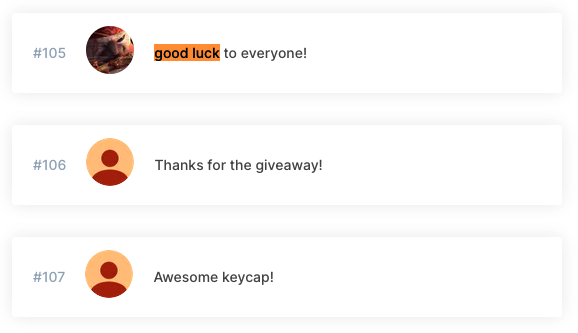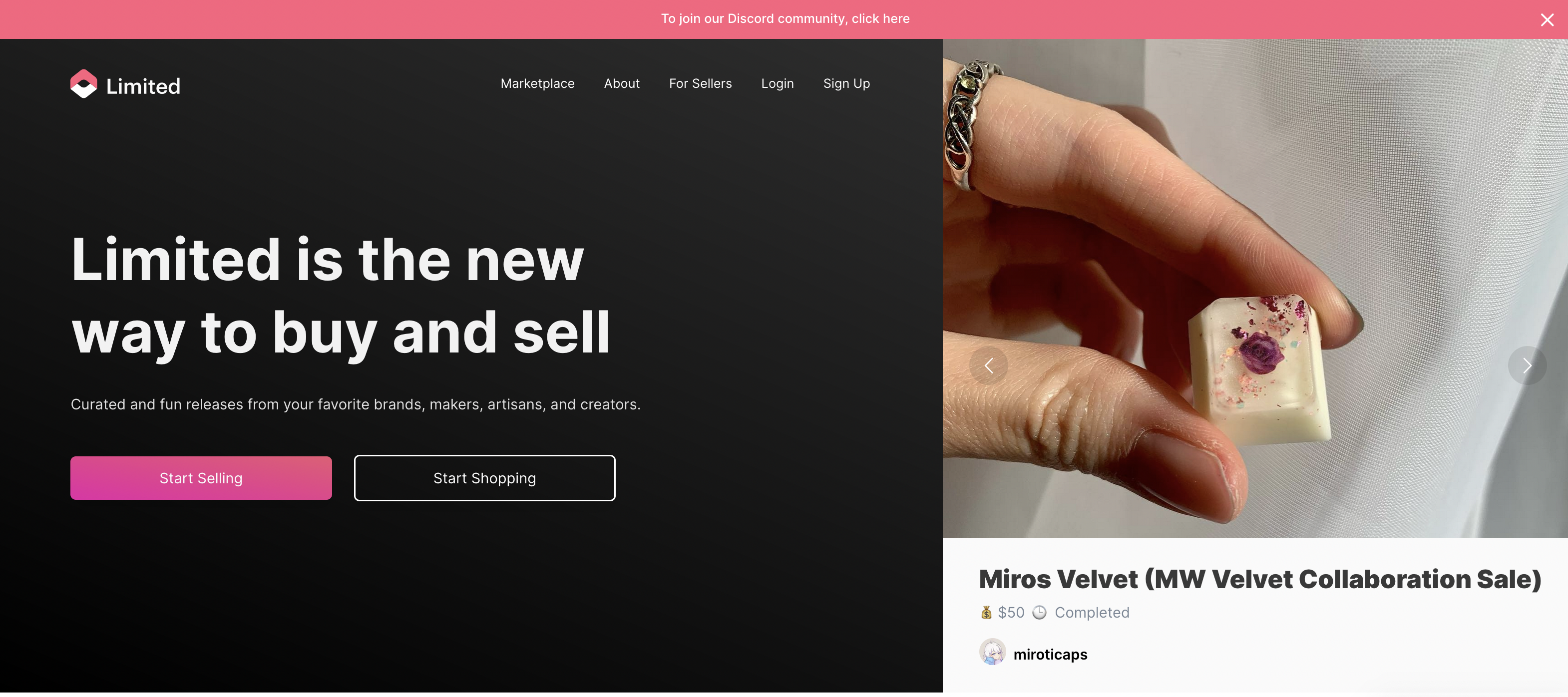Precocious teenagers are a dime a dozen in Silicon Valley, so it’s no surprise that Bani Singh set her eyes on moving to San Francisco when she was 15 and living in Norway. Impatient about her education, the Indian-Norwegian teenager skipped a year of high school and went off to college to study computer science. From the moment she set foot on campus, she aggressively competed in sleepless hackathons, interned at major tech companies like Cloudflare and Microsoft, and helped build countless startups like JUV Consulting, the Gen-Z marketing consulting firm. “I’d describe myself as extremely driven to build,” she described to us.
Studying computer science and being passionate about building, Bani unsurprisingly fell in love with software engineering. In her senior year, these interests culminated in WaitlistAPI – a software product that allows businesses to put no-code waitlists on their websites. “The real trick to Waitlist is that users get a referral code they can share to move up on the list. And that helps businesses make great use of their best customers, accelerating growth by weeks,” she shared.
Shortly before Bani’s 21st birthday, WaitlistAPI launched to be the coveted #1 Product of the Day on ProductHunt and trended to the top of other popular technology forums. Bani found her success exhilarating but unexpected: “today in 2022, WaitlistAPI has powered over one million people signing up to products on the internet, which is just extraordinary to me. The referral system has allowed brands to identify their biggest fans and ambassadors – the ones who refer friends, families and communities”. This experience shaped Bani’s interests, underscoring that while many types of marketing software exist, there are many underserved niches.
By the time Bani turned 22, her star-studded resume and programming experience put her into the position she’d always wanted to be in building full-time. She immediately founded a business on her own, and after carefully drafting out a plan, raised institutional capital from consumer software heavyweight Ludlow Ventures, and the founders of Honey, the online-shopping browser extension that was sold to PayPal for four billion dollars in 2020.
With her new company, Bani wanted to take her prior experiences and build a company that was inspired by the needs of communities on the internet. In 2021, she started researching communities on Reddit that were actively buying and selling items. “I ran into resale markets, artisan sellers, and swapping networks. There is a large network of active commerce networks on Reddit that are deeply fascinating,” she notes. One of these communities was mechanical keyboard sellers on a subreddit called mechmarket.
Within the subreddit, she found users hosting actions, raffles and group buys – all through Google Forms. Users fill out their information on the form and receive further instructions to complete payment via email. “They use it because it works and solves their use case most efficiently, which I can totally understand. However, I was curious if we could build something that would make their lives even easier,” she says. She set out to build Limited, which was a marketplace for people to host sales with the alternative formats she saw in these communities.
They also came across the importance of community within these markets and wanted Limited to be a community-centric marketplace. A core part of Reddit was community engagement, such as seeing messages and interactions between buyers and sellers. They translated elements of this to Limited: An example of this is allowing purchasers to leave a message for sellers when they buy items on Limited. All messages show up on the page of the sale, making it more engaging for both sellers and buyers. “There are sellers who often have recurring buyers, which makes a sale like that even more engaging because you can see endorsements from your supporters,” Bani notes.

Examples of messages community members leave on a sale
The Limited team launched the first version of the platform in late November. Since then, they’ve gotten 5-figures of GMV (Gross Merchandise Value) and hundreds of purchases have been made on the website. “People really like the alternative formats and community focus. It’s a new way to buy and sell that we have yet to see on other platforms,” she says.

Limited landing page, showcasing a recent keyboard cap for sale
In our conversation, the engineer-turned-founder reiterates community-focus being the next trend in e-commerce. The team has been working to understand what features the community would want next and how the platform evolves into new categories and communities. “We’re excited to double down on our thesis and work to build the best platform alongside our partners,” she concludes.
Members of the editorial and news staff of the Daily Caller were not involved in the creation of this content.


